CD4+ T cells are one of the key immune cells contributing to the immunopathogenesis of type 1 diabetes (T1D) and other autoimmune diseases. Specifically, autoimmune memory CD4+ T cells become “stumbling blocks” that hinder most attempts to treat or heal T1D and other autoimmune diseases. Stem Cell Educator (SCE) therapy is the leading technology to date to safely and efficiently correct autoimmunity and restore β-cell function in T1D patients, and display lasting reversal of autoimmune memory T cells in Caucasian T1D subjects.
A new study from Dr. Yong Zhao’s lab at Center for Discovery and Innovation of Hackensack Meridian Health, demonstrated that platelet-derived mitochondria act as novel immune modulators directly on CD4+ T cells through C-X-C motif chemokine receptor 4 (CXCR4) and its ligand stromal cell-derived factor-1 (SDF-1), regulating the anti-CD3/CD28 bead-activated CD4+ T cells. The results included an up-regulation of Naïve and central memory (TCM) CD4+ T cells, the down-regulation of effector memory (TEM) CD4+ T cells, and modulations of cytokine productions and gene expressions. Since the platelet numbers were increased in T1D subjects after receiving SCE therapy, which may release more mitochondria into blood circulation, the immunomodulation of platelet-derived mitochondria provides additional mechanisms underlying the SCE therapy for the treatment of T1D and other autoimmune diseases. This work has been published in the peer-reviewed journal International Journal of Molecular Sciences.
